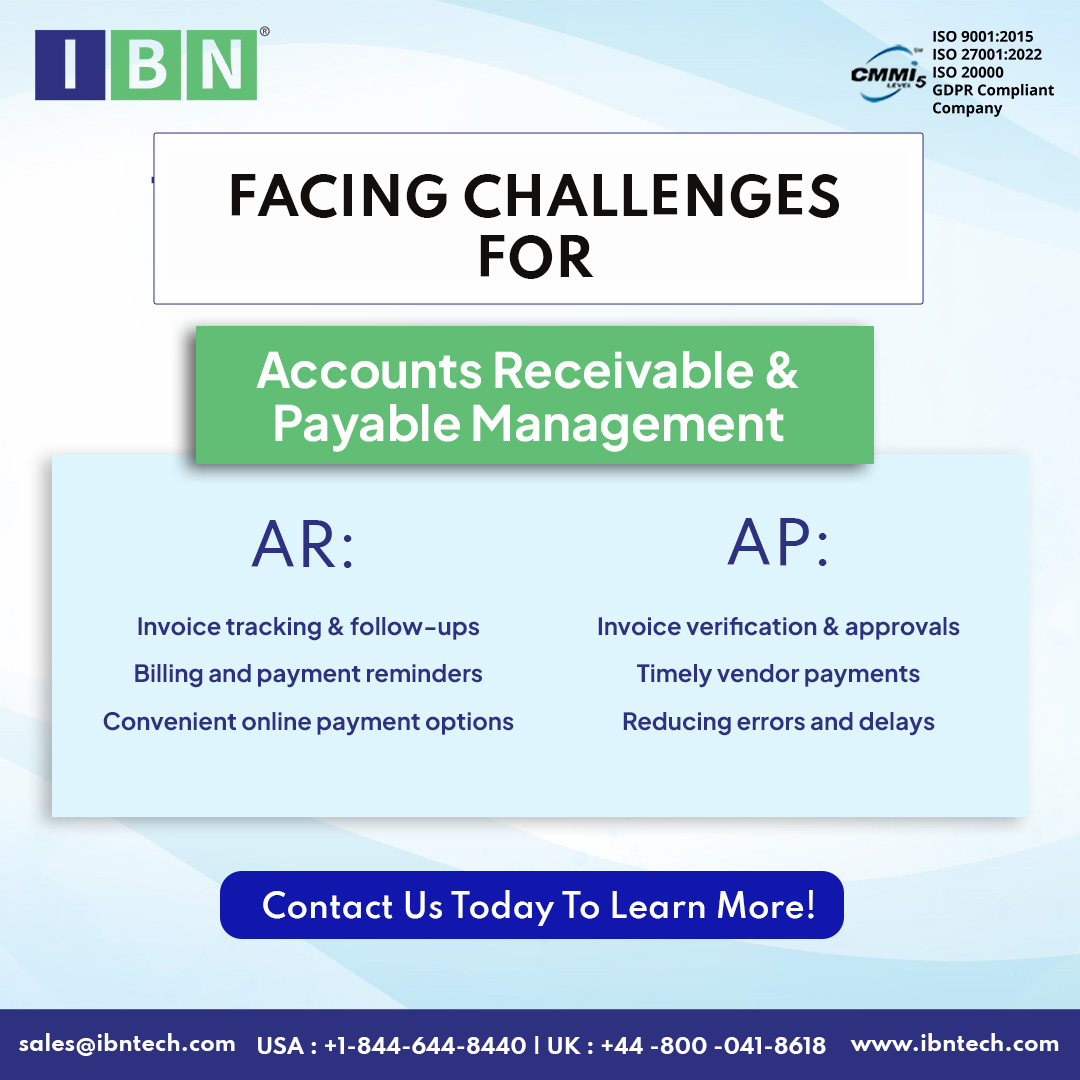HIPAA Compliant Accounting Software: A Non-Negotiable for Modern Healthcare Practices

In the healthcare industry, trust is the cornerstone of the patient-provider relationship. This trust extends beyond medical care to the safeguarding of personal information. While electronic health records (EHR) are often the first thought when considering protected health information (PHI), financial data is equally sensitive. Every invoice, payment record, and insurance claim contains a trove of PHI, from patient names and diagnoses to treatment codes and insurance IDs. Using standard accounting software for this data is a significant compliance risk.
This is where HIPAA compliant accounting software becomes not just a valuable tool, but an absolute necessity. The Health Insurance Portability and Accountability Act (HIPAA) sets the national standard for protecting sensitive patient data. Any software that handles, processes, or stores PHI must adhere to strict administrative, physical, and technical safeguards. For healthcare providers, billing companies, and medical practices, investing in a dedicated HIPAA-compliant financial system is a critical step in mitigating risk, ensuring patient privacy, and maintaining operational integrity.
-
Patient names, dates of birth, and contact information embedded in billing records.
-
Diagnosis codes (ICD-10) and procedure codes (CPT) used for insurance claims.
-
Insurance policy details and subscriber numbers stored for payment processing.
-
Payment histories and explanations of benefits (EOBs) that link financial transactions to specific medical services.
Why Generic Accounting Software Falls Short for Healthcare
Many practices make the initial mistake of assuming robust, off-the-shelf accounting platforms are sufficient for their financial operations. However, these solutions are built for general business use, not the unique regulatory demands of healthcare. Their lack of built-in HIPAA-specific features creates vulnerabilities.
Standard software often lacks comprehensive audit controls, failing to meticulously log every individual who accesses financial data containing PHI. They may not enforce role-based access controls with the granularity needed to ensure staff only see the minimum necessary information to perform their jobs. Furthermore, their data encryption protocols for data at rest and in transit might not meet the stringent standards required for protecting health information. Perhaps most critically, using a generic platform means your business associate agreement (BAA)—a legally required contract under HIPAA—is often unavailable or unenforceable with the vendor, instantly creating a compliance gap.
Key Features to Look for in a Secure Solution
Choosing the right HIPAA compliant accounting software requires a careful evaluation of its features against the HIPAA Security Rule. The right solution will seamlessly integrate security into every aspect of your financial workflow.
-
Signed Business Associate Agreement (BAA): The non-negotiable foundation. Any vendor handling your PHI must sign a BAA, accepting their legal responsibility for protecting that data.
-
End-to-End Encryption: All patient financial data must be encrypted both when it is stored (at rest) and when it is being transmitted (in transit) to prevent unauthorized access in case of a breach.
-
Comprehensive Audit Trails: The system should automatically generate detailed logs that track every action taken on a patient's financial record—who accessed it, when, and what changes were made.
-
Role-Based Access Controls (RBAC): Administrators must be able to define user permissions precisely, ensuring staff and accountants can only access the specific data necessary for their role, adhering to the "minimum necessary" standard.
-
Secure Data Storage and Backup: The vendor must provide assurances about the physical and network security of their data centers, including robust disaster recovery and data backup procedures to prevent data loss.
Integrating with Your Revenue Cycle Management
The true power of dedicated HIPAA compliant accounting software is realized when it integrates deeply with your broader Revenue Cycle Management (RCM) ecosystem. It shouldn’t operate as a siloed system. Effective integration allows for the secure, automated flow of data between your clinical EHR, medical billing software, and accounting ledgers.
This eliminates the need for dangerous manual data entry—a common source of errors and potential PHI exposure—and creates a single source of truth. Claims status, patient payments, and denied claims can automatically update financial records, providing a real-time, accurate view of your practice’s fiscal health while maintaining a seamless chain of custody for all PHI.
About IBN Technologies
Navigating the complexities of healthcare finance and compliance requires a partner with specific expertise. IBN Technologies is a global provider of technology and process solutions with a deep specialization in the healthcare sector. We understand the critical intersection of financial management and regulatory compliance. Our services are designed to help healthcare practices implement and manage secure, efficient systems, including integrated solutions that support HIPAA compliant accounting and end-to-end Revenue Cycle Management. By leveraging a combination of advanced technology and domain-specific knowledge, IBN Tech empowers healthcare providers to optimize their financial operations while ensuring the highest standards of data security and patient privacy.
Conclusion
Implementing HIPAA compliant accounting software is far more than a technical upgrade; it is a fundamental aspect of your practice's ethical and legal obligation to protect patient privacy. The risks of non-compliance—including massive fines, reputational damage, and loss of patient trust—far outweigh the investment in a secure, dedicated solution. By choosing a platform with the essential safeguards, robust access controls, and seamless RCM integration, you can streamline your financial operations, enhance data security, and build a stronger, more trustworthy practice. In today’s digital healthcare landscape, securing your financial data is synonymous with securing your patients' well-being and your practice's future.
- Новости
- Происшествия
- История
- Искусство
- Рукоделие
- Танцы
- Еда / Напитки
- Кино / Фильмы
- Фитнес
- Игры
- Садоводство
- Здоровье
- Дом
- Литература
- Музыка
- Соцсети
- Другое
- Религии
- Спорт
- Театр
- Природа
- Товары
- Наука и техника
- Мода


